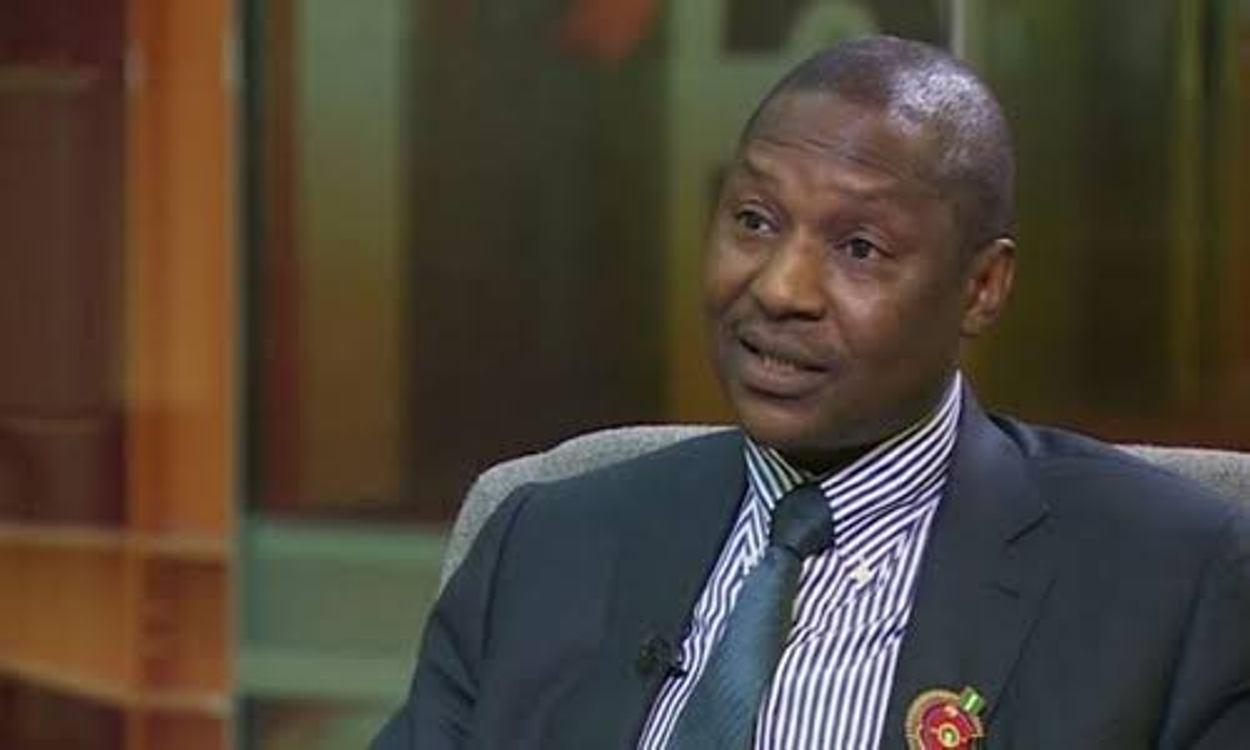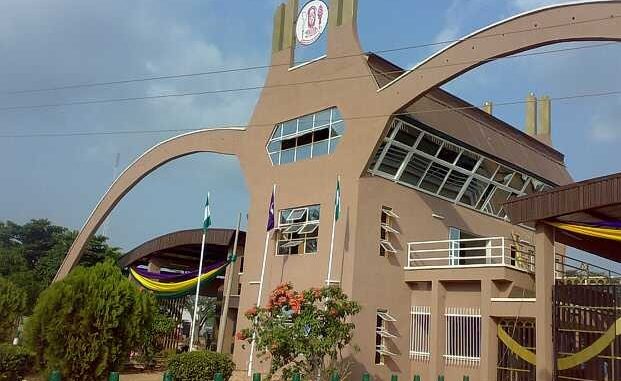The Attorney-General of the Federation, Abubakar Malami, has blamed the Nigerian judiciary for the nagging problem of delay in the determination of high profile corruption cases in court.
Mr Malami said this in an interview on Channels Television’s primetime programme, ‘Politics Today,’ Monday.
Citing the case of a former Secretary to the Government of the Federation, Babachir Lawal, whose trial at the High Court of the Federal Capital Territory over alleged abuse of office, Mr Malami said, “You cannot by any stretch of imagination, place a blame associated with the conclusion and determination of the case on the doorsteps of the executive (arm of government). It is exclusively a judicial affair.”
He said the government was applying the innovative provisions of the Administration of Criminal Justice Act (2015), a legislative intervention aimed at curing the teething problems of delayed criminal justice administration in Nigeria.
One of such provisions in the law is the day-to-day hearing of criminal cases.
But corruption cases involving Politically Exposed Persons (PEPs) have lingered for several years despite this provision, which Mr Malami blamed on the judiciary.
Malami’s half-truth
While Mr Malami’s assertion blaming the judiciary for the delays of high profile corruption cases may be true with regard to certain cases, it is not in respect of others.
For instance, the judiciary cannot be blamed for the over six years delay in the trial of a former National Security Adviser (NSA), Sambo Dasuki, accused by the President Muhammadu Buhari administration of diverting billions of dollars meant for procuremebt of arms under the Goodluck Jonathan administration
The delay is rather due to the illegal detention of Mr Dasuki for about four years by the State Security Service (SSS) frustrating his prosecution by the Economic and Financial Crimes Commission (EFCC) at the FCT High Court, Abuja.
The diversion of the arms fund is the main allegation of corruption Mr Buhari administration levelled against his predecessor’s administration. Yet, almost seven years after the Buhari administration came on board, it has not been able to bring any of the major actors to book.
A former National Publicity Secretary of the Peoples Democratic Party (PDP), Olisa Metuh, was convicted and jailed by the Federal High Court in Abuja for fraudulently receiving part of the arms fund from Mr Dasuki to run the party’s 2015 presidential election.
But the conviction has been overturned by the Court of Appeal in Abuja.
One of such cases that the judiciary can also not be blamed for its delay is the one involving a former petroleum minister, Diezani Alison-Madueke, whom the Nigerian government has not been able extradite to face the money laundering charges filed against her by the EFCC since 2018.
But a case like that of a former governor of Benue State and serving senator, Gabriel Suswam, who is facing money laundering charges involving diversion of over N3 billion in state’s funds, fits into the category of high profile cases that ”the judiciary is to blame its delay”.
Between 2015 and 2020, the case was transferred between two judges on three different occasions.
The order for the last transfer of the case in 2020 from the judge, who had made substantial progress in the case within a relatively short period of time, to the other judge, who was adjudged to be reluctant handling the case, was made by the Court of Appeal in Abuja in February 2020.
Mr Malami, in blaming the judiciary for the prolonged hearing of high-profile cases, shies away from the problems that make the criminal justice system vulnerable to the manipulation of the rich and influential corruption suspects.
He also fails to acknowledge the practicability of the ACJA’s provision of the day-to-day hearing of criminal cases given the high volume of cases, limited number of judges, infrastructure, and equipment, some of the courts contend with.
There has also not been any known action taken by the minister as Nigeria’s chief law officer to address delays attributable to judges or court administration.






